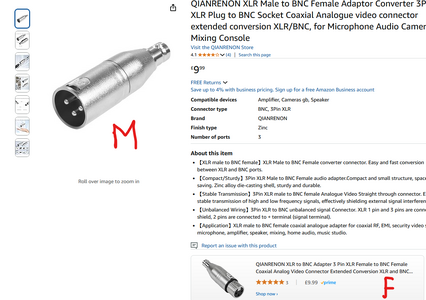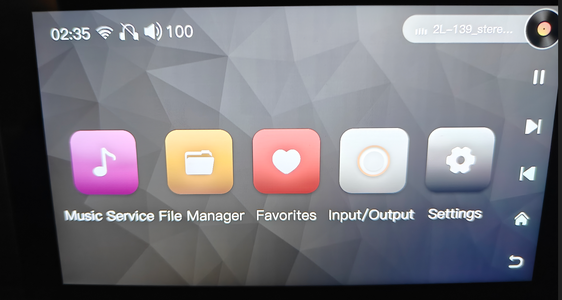Jasonovich
Well-known member
I've always been open minded about these cable experiments.Perhaps when posting in forums, if you don't like the way others react to your views on cables, or anything else, just keep quiet about them...
Otherwise, be prepared to take the rough with the smooth.
Science isn't something that's etched in stone. Short comings is always down to process and methodology.
Findings today where they tell you there's no definitive proof that cables sound better or different. May hold true until it is scientifically disproven, that is why, I value my ears, more than the pretty curves on the VDU.
Why do we assume there's a direct correlation with measurements on a graph and sound quality?
Why is the air much sweeter in the valleys than the air in Sheffield?
My little machine tells me the constitution of the elements that produce the oxygen is exactly the same, so it's all in my head.
It's scientific fascism!
Due to advancements in technology, scientific doctrines are always open to challenge and can subsequently proven to be falsehood.
Here's a link to cable tests that have a very different outcome. Worth a read.
Will it change your view on the sonic merits of different cables.
I think not but always good to have an open mind.

The “Sound” of Speaker Cables: an Analysis
From time to time Copper offers guest articles from audio manufacturers and others in the industry. These viewpoints are their own and we publish them in the spirit of providing information from various perspectives, and encouraging discussion and even debate. Max Townshend is the CEO of...














